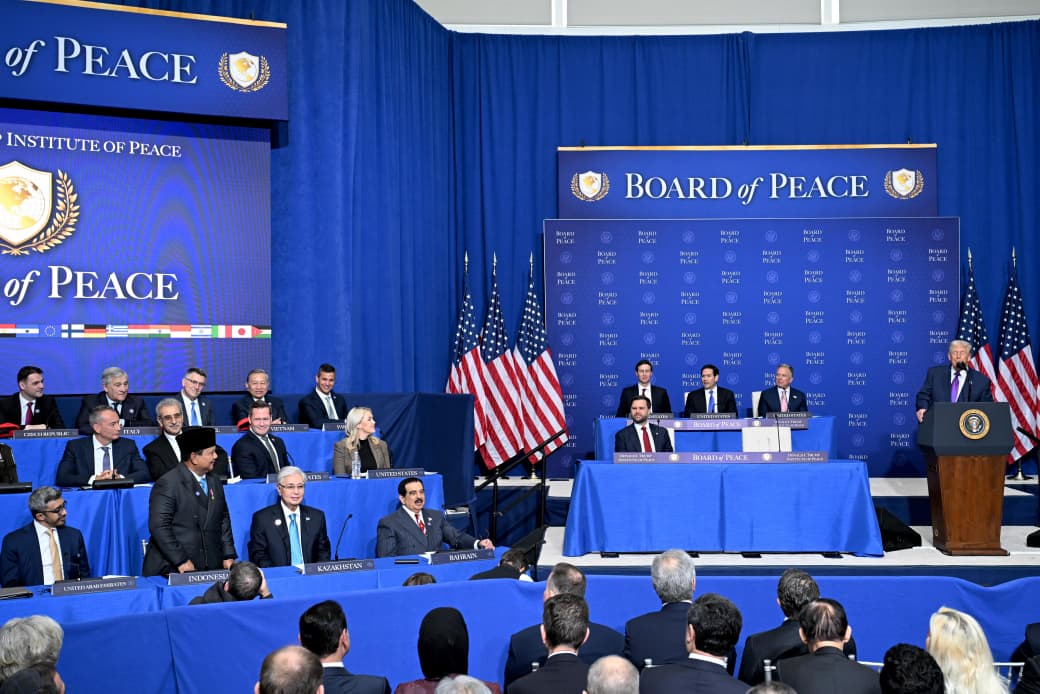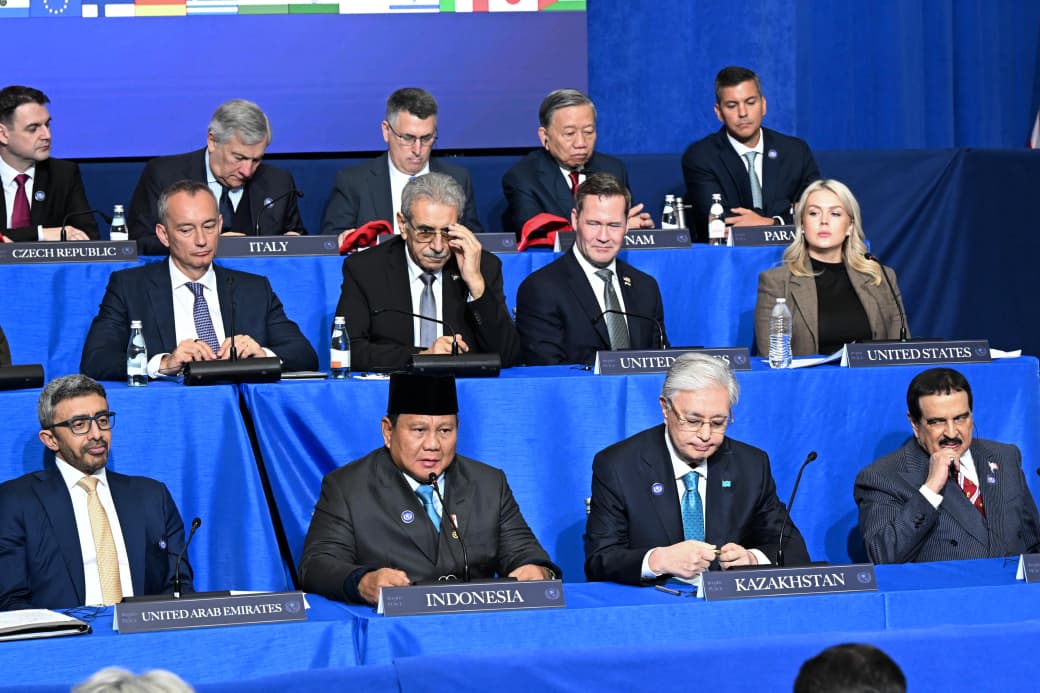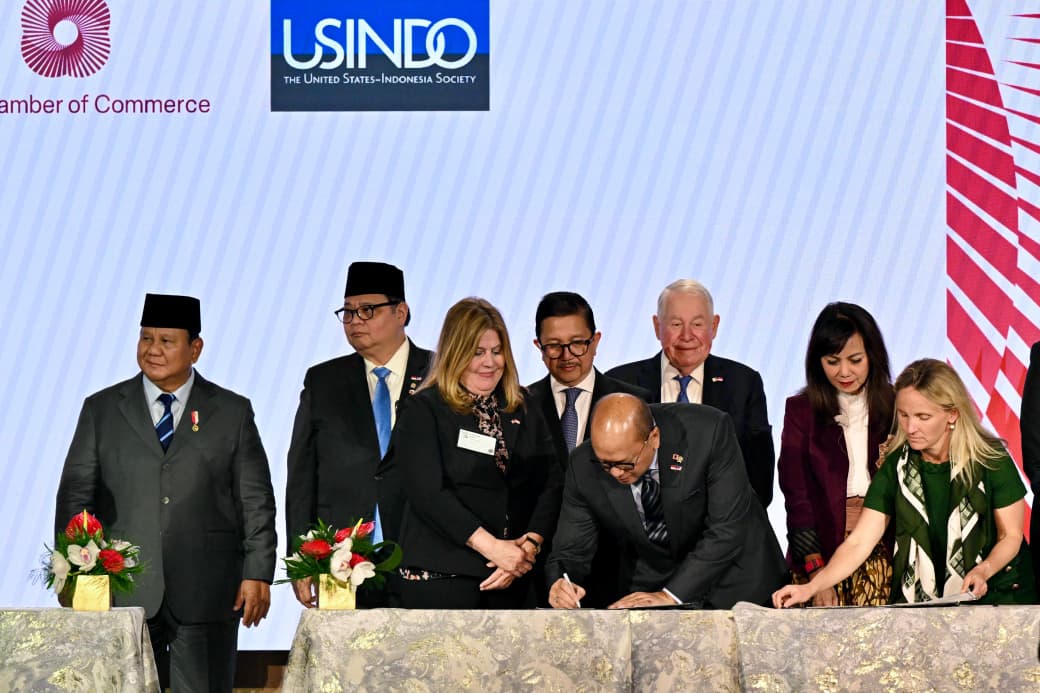Gov’t Provides Tapera Program to Help Low-Income Communities on Housing Needs

Houses built by Ministry of Public Works and Public Housing in Majene Regency, West Sulawesi. (Source: Ministry of Public Works and Public Housing)
The Indonesian Government through Ministry of Public Works and Public Housing provides Housing Finance Liquidity Facility (FLPP) in order to help low-income people (MBR) to access home-ownership loans (KPR).
Director-General of Infrastructure Financing for the Ministry Eko Djoeli Heripoerwanto said that the Government has issued Government Regulation Number 25 of 2020 on the public housing savings program (Tapera) on 20 May 2020.
With the issuance of this Regulation, the task of raising funds will be handed over in stages for 7 years to Tapera to immediately procure public housing by collecting compulsory savings based on mutual cooperation from the workforce segment.
This is because, according to Eko, funding cannot rely solely on a limited State Budget.
“The State Budget is limited, but Tapera (principal) is mutual cooperation in the form of compulsory savings. It means those who can take advantage are certain communities, not all participants,” Eko said during a virtual press conference on Benefits of Tapera for Workers, Friday (5/6), Jakarta.
Commissioner of the Public Housing Savings Management Agency (BP Tapera) Adi Setianto said that Tapera was prepared to raise long-term low-cost funds for financing decent and affordable housing for participants.
“BP Tapera, we are mandated by the Law to collect long-term low-cost funds to finance decent and affordable housing, especially in realizing the dream of a first home,” Adi said, adding that home procurement also includes social security.
In addition, Tapera will target services outside the State Civil Apparatus (ASN) segment of the former Advisory Board for Civil Servants Housing Savings (Bapertarum-PNS) with around 13 million participants in 2024.
Eko Ariantoro, BP Tapera’s Deputy Commissioner for Deployment of Funds, stated that Tapera funds will be collected from workers whose salary must be deducted for it, including ASN, personnel of the Indonesian National Defense Forces/National Police, state officials, Employees of SOEs, Regional Government Owned Enterprises (BUMD), and Village Owned Enterprises (Bumdes), private workers or independent participants who receive regional minimum wages (UMR).
For the records KPR with subsidized FLPP is spread through 34 provinces. Currently, there are 13,000 developers who are members of 19 Developer Associations.
Since 2010, the KPR has been run by 41 banks consisting of 5 banks member of the Association of State-owned Banks (Himbara), 2 national sharia banks, 3 national private banks and 32 Regional Development Banks. (Ministry of Finance/EN)
Translated by: Fairuzzamani Inayatillah
Reviewed by: Mia M. Bonaedy







